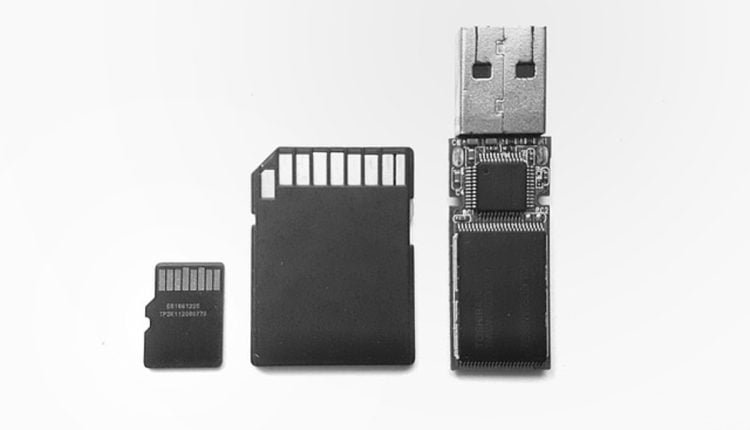Have you ever pondered the motivations behind the prevalence of intrusive online advertisements? Isn’t it frustrating when you’re trying to read an article or compose an email and keep getting these bizarre advertisements in the way? It’s the worst possible scenario for an online user. Adware is a type of software that secretly collects information about its users.
What exactly is Adware now? Adware refers to any software that generates advertising while it is active. These commercials may appear anywhere from your web browser to a pop-up window to a toolbar to the host application. Adware can also secretly collect and transmit information about your habits and interests via a background internet connection. The adware makers can send you tailored ads and compile comprehensive demographic data this way.
Parasitic adware and legal adware are the two main categories. The adware that functions like spyware is called “parasitical adware,” and both are malicious. Some of their capabilities are often shared with them. They sneak onto your computer, install without your knowledge, and never stop working. However, these parasites are relatively harmless because they want to use your private information for advertising and promotion. Even though the information is transmitted for business and advertising purposes, many consumers find it bothersome and refuse to consent.
Contrarily, legal adware applications pose no threat to your privacy because they provide advertisements to your computer. Products like the Opera web browser and the Eudora email client are legitimate examples of ad-supported software. These items’ sellers employ advertising as a legitimate source of income, which enables them to give away commercial software of high quality.
How do you get infected with adware? Parasites installed by adware are not viruses. They don’t propagate on their own. They often require installation like any other piece of software, with or without your data…
There are primarily three entry points for adware parasites:
Adware is often disguised as a legitimate service, such as a search engine or download manager, to fool users into installing it. Many people fall for the hype, download, and install these apps, only to discover later that they do not work as advertised. The adware remains completely functional even after the user uninstalls the software.
Many free, advertising-supported, or shareware programs, such as Kazaa or Exeem, require the installation of optional but potentially malicious add-ons to function effectively. Adware and malware may remain on your computer after deleting the program.
Using ActiveX controls in Internet Explorer or exploiting specific web browser vulnerabilities, malicious advertising programs can be installed on your computer without your knowledge. These adware tools come from vendors hosting malicious code-ridden websites or generating malicious advertising pop-ups. And when you visit such a site or click on one of those ads, a script automatically installs a parasite into your system in the background, so you don’t even realize anything has changed.
Where can one acquire the most effective anti-adware and anti-spyware programs?
Since hundreds of programs exist, you must read reviews and ratings for the best software before investing in it. Choosing the finest application to remove those parasites from your computer is much simpler and less risky if you can compare the best software by reading a review and comparing detailed ratings.
Reviews, star ratings, and download links for the top software of the moment can all be found on FreeMyComputer.Com [http://www.freemycomputer.com]. You can find various tools to maintain your computer free of parasites and malware, including software to remove adware.
Read also: Why A Good Quality Garage Door in Dallas Is Vital.


